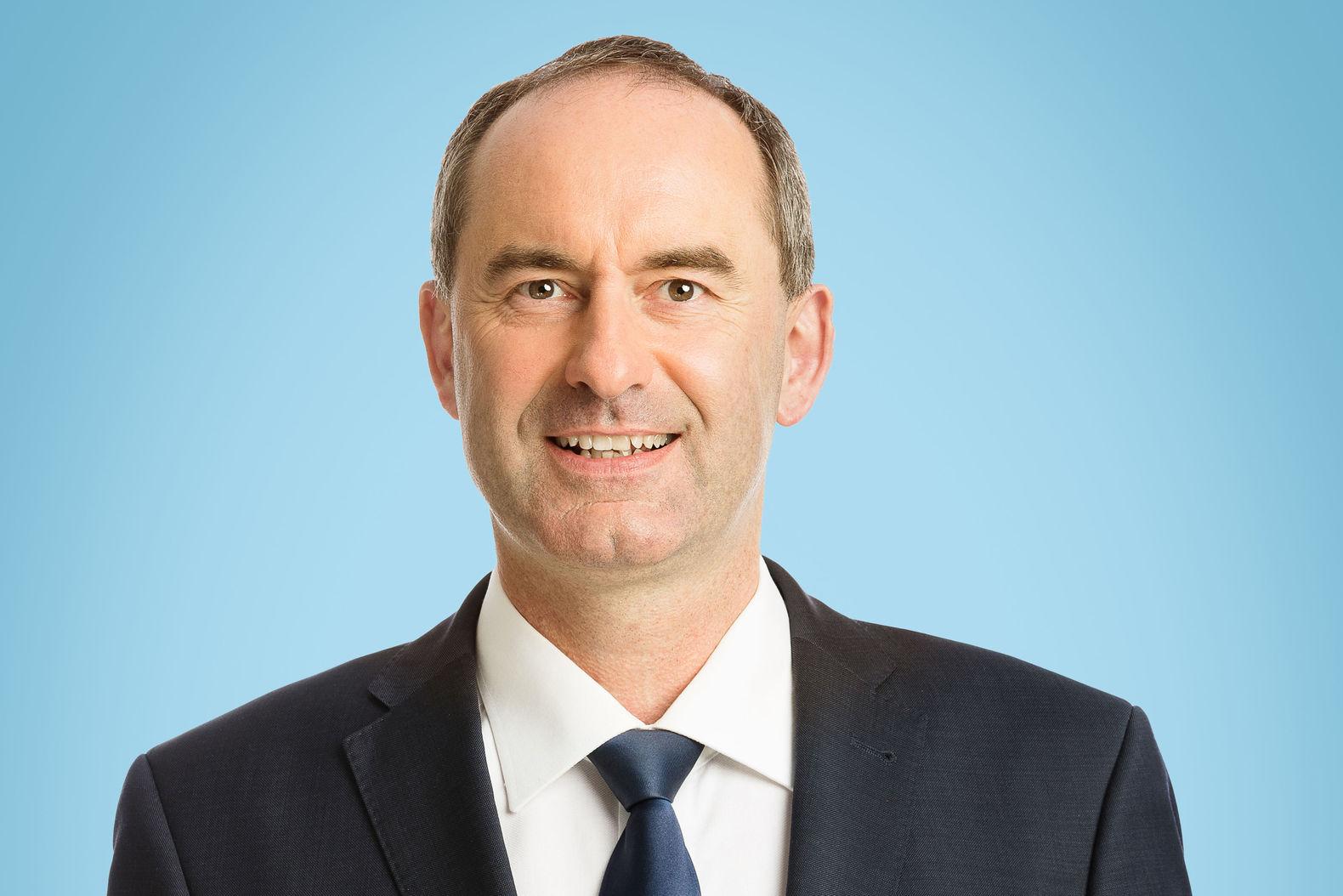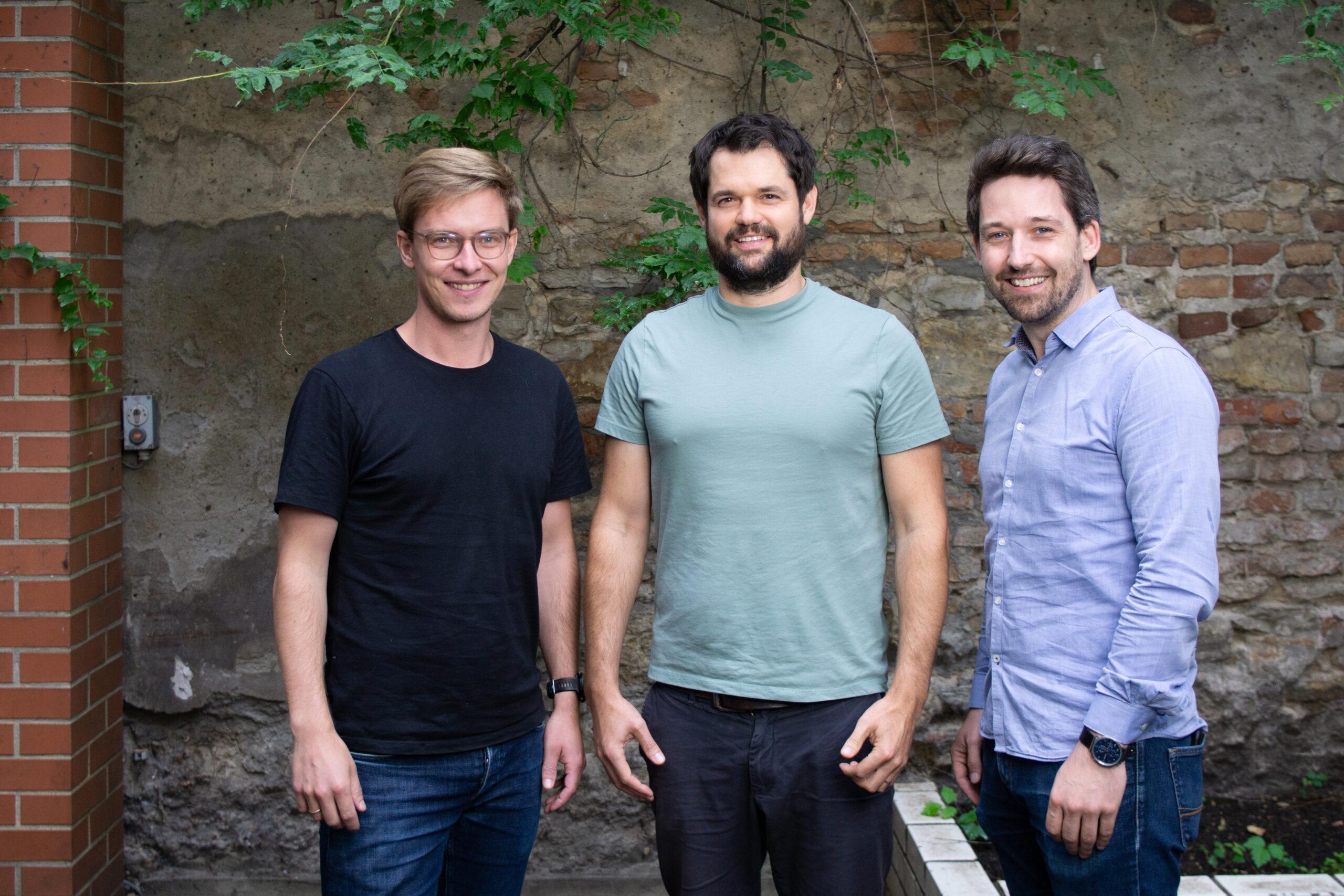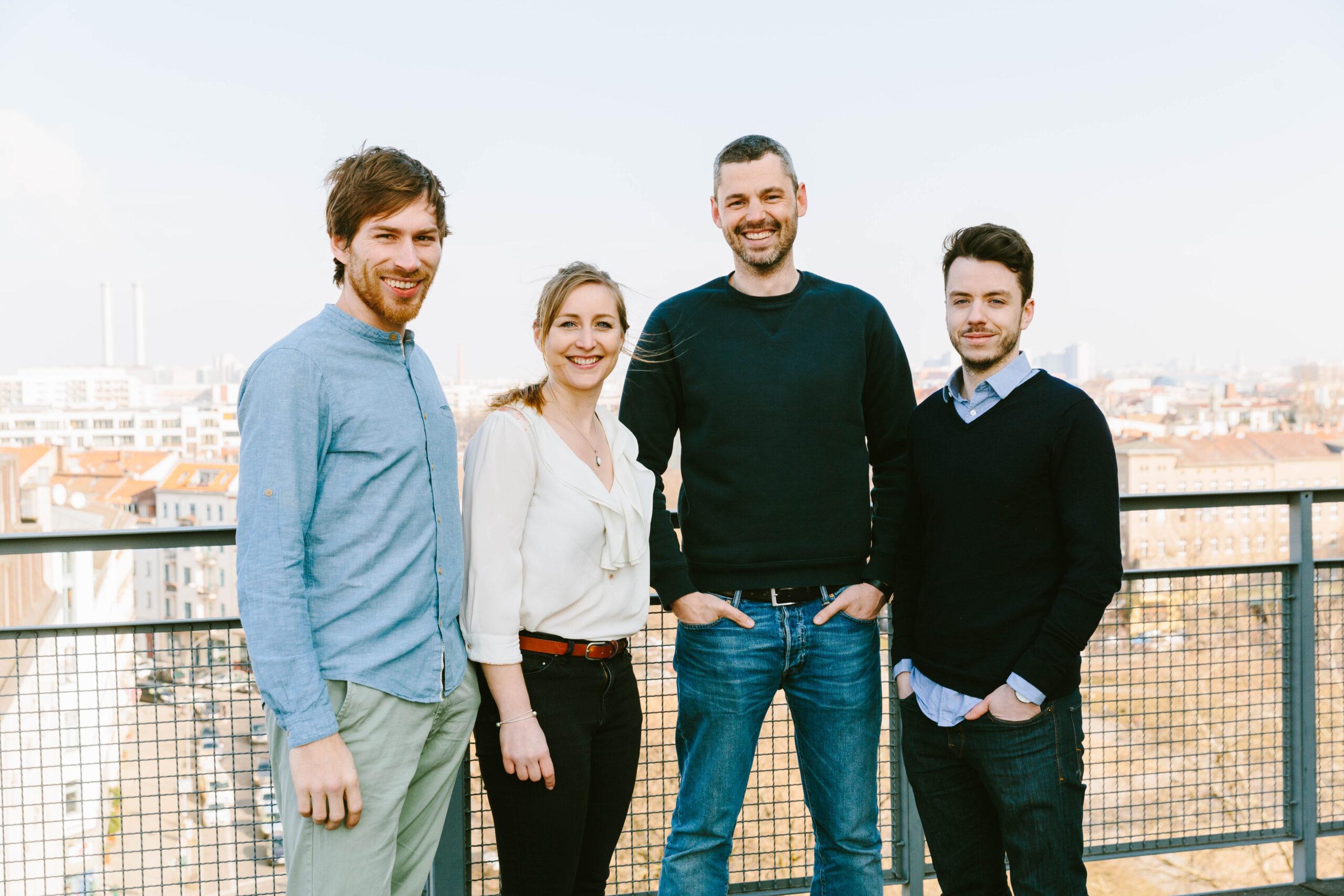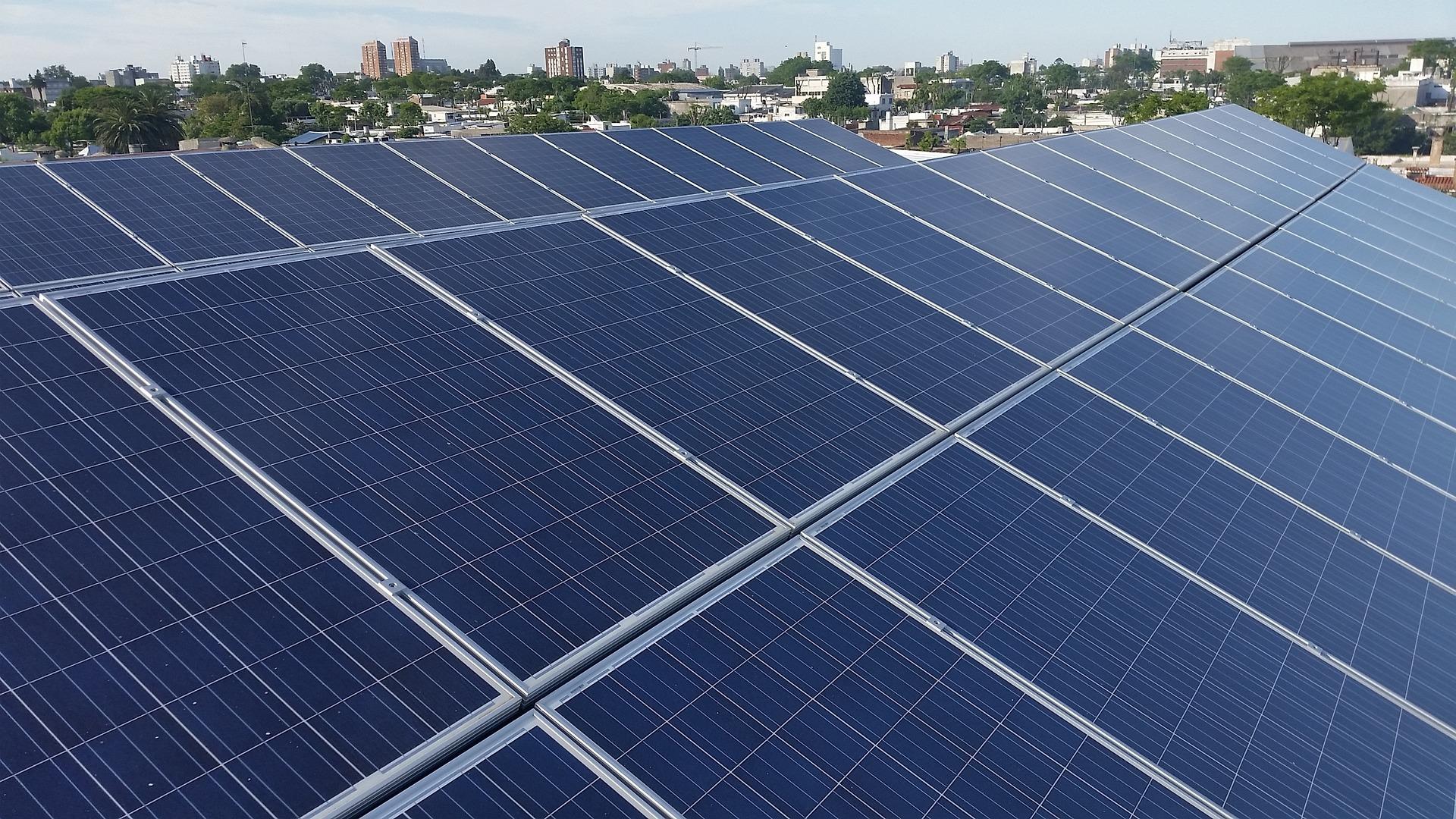"Good start-ups will continue to get their capital"

The share prices of tech companies are plummeting. The first founders are also worried about their planned financing rounds. However, the start-up sector is still a long way from a crisis, says Andrew Parker in an interview.
Andrew Parker has been working for Silicon Valley Bank in Frankfurt since August last year. The bank has set itself the task of promoting high-tech companies and start-ups and has been active in Germany since 2018. In this interview, Parker talks about the current financing climate for start-ups - and what he considers to be the most important criterion for investors.
Mr. Parker, the first founders are already worried about whether the financing rounds planned for this year can take place as they hope. How do you assess the current situation?
My impression is that investors who invest in start-ups in the pre-seed, seed and even Series B financing rounds are not impressed by the poor mood on the markets for tech shares. If they invest now, they have no interest in making an exit straight away. So they have enough time to sit out the current phase.
What is the situation for start-ups that are looking for a Series C or even later financing rounds?
The situation could soon be different for them. Investors tend to get involved with the aim of an exit in a few years. They have to pay more attention to how the stock markets develop. However, I am not currently aware of any case in which a large German start-up has closed a significantly lower financing round than planned. Larger start-ups can still afford to invest their money directly in their growth - provided it is sustainable growth. If a start-up still has funds to last 18 months, it doesn't need to worry too much.

So we're not at a major turning point in terms of start-up investment?
There is still a lot of money in the market."
I don't think we're going to see a big drop-off in funding rounds. There is still a lot of money in the market that wants to be invested. Investors still have a great desire to find promising start-ups. However, they are taking a closer look at which companies they put their money into. Good start-ups will continue to have no problem raising capital.
However, the amount of funding has already fallen significantly recently. According to data from Dealroom, start-ups have received a total of 2.7 billion US dollars so far in the second quarter, compared to 4.5 billion US dollars in the second quarter of last year. They will hardly make up for this by the end of the month.
Yes, the figures for 2022 look very different to the figures for 2021, but you have to see that in context. 2021 was definitely an exceptional year, with strong fluctuations from quarter to quarter. The number of new unicorns was also unusually high. I believe we will simply experience a completely normal year again in 2022, at least on the venture capital market.
Silicon Valley Bank was launched in Germany in 2018. What potential do you see for start-ups in Germany?
Before I came to Germany, I worked for Silicon Valley Bank in England. If I compare these two countries, the German start-up ecosystem still lags a little behind. But the conditions here are good. I see no reason why Germany couldn't catch up with the UK and get just as much money flowing into promising start-ups here. There are already some very successful German VCs, and more and more European or even US investors are investing in German start-ups.
The quality of the founding and management team remains crucial."
Silicon Valley Bank focuses on venture debt, among other things. In other words, they grant loans to start-ups and hope that they will be able to repay them after the next financing round. This financing method has not been very popular in Germany so far - why is that?
Silicon Valley Bank has been doing this in the USA for a good 35 years now. Companies in the US market and investors there have a much better understanding of how venture debt works. Venture debt is becoming increasingly popular in the UK, where we have been active for a good 15 years now and communicate the benefits. Such loans are always worthwhile for founders if they do not want to give up further shares in the company. I think it's only a matter of time before more start-ups turn to this form of financing as a supplement to a traditional financing round. The volume of venture debt financing is also increasing continuously in this country.
What criteria are decisive for you when you invest in a start-up?
The most important criterion for me is and remains the quality of the founding and management team as well as the business idea. If a start-up is well positioned in these areas, it will not be thrown off course by global crises such as inflation or the effects of the war in Ukraine. This also helped during the coronavirus economic crisis.
About the person:
Andrew Parker has been with Silicon Valley Bank for six years, first in London and since last summer in Frankfurt. He and his team are dedicated to providing financial solutions, including debt financing, to early, growth and later stage technology companies.

Newsletter
Startups, stories and stats from the German startup ecosystem straight to your inbox. Subscribe with 2 clicks. Noice.
LinkedIn ConnectFYI: English edition available
Hello my friend, have you been stranded on the German edition of Startbase? At least your browser tells us, that you do not speak German - so maybe you would like to switch to the English edition instead?
FYI: Deutsche Edition verfügbar
Hallo mein Freund, du befindest dich auf der Englischen Edition der Startbase und laut deinem Browser sprichst du eigentlich auch Deutsch. Magst du die Sprache wechseln?


















